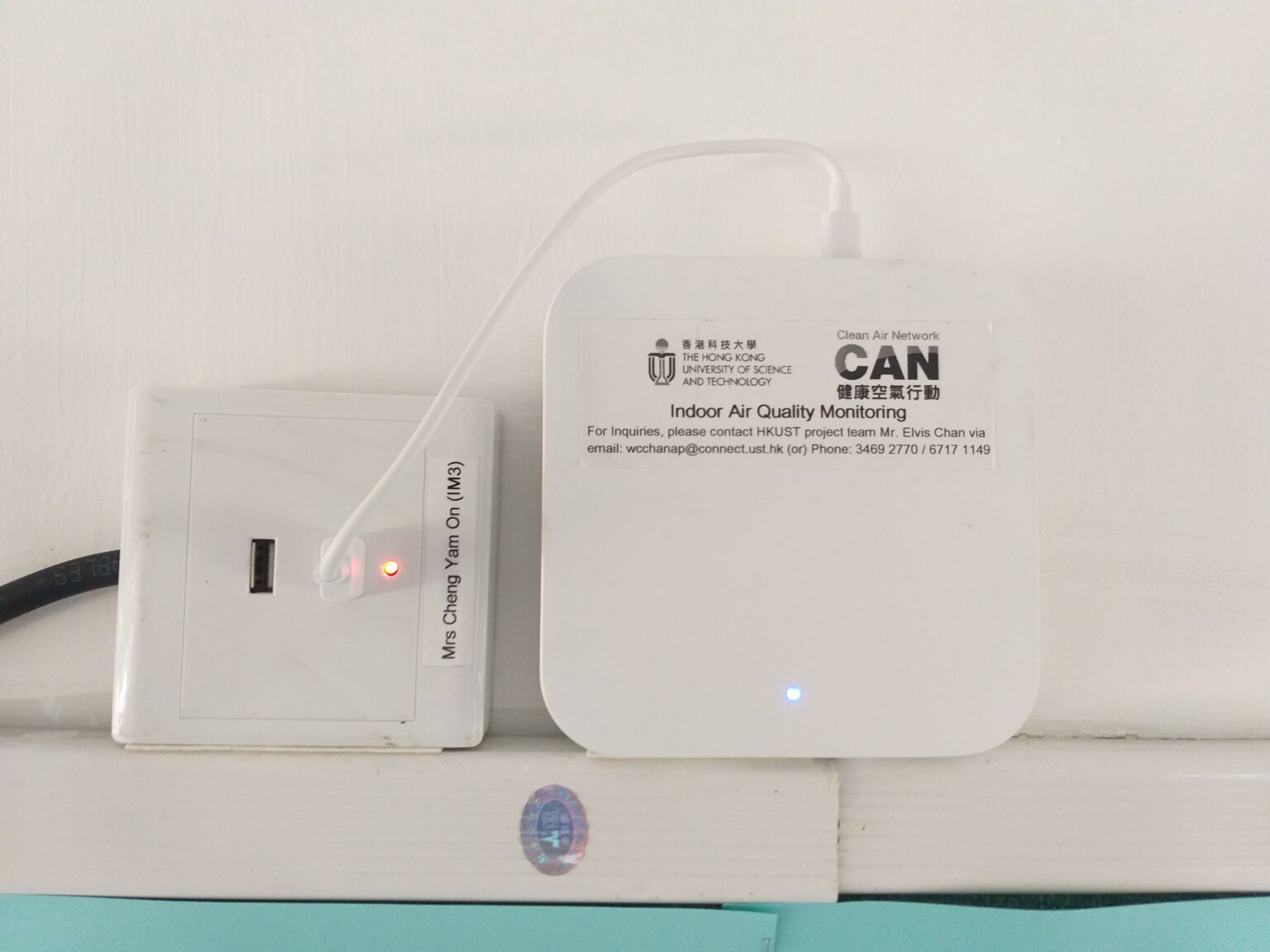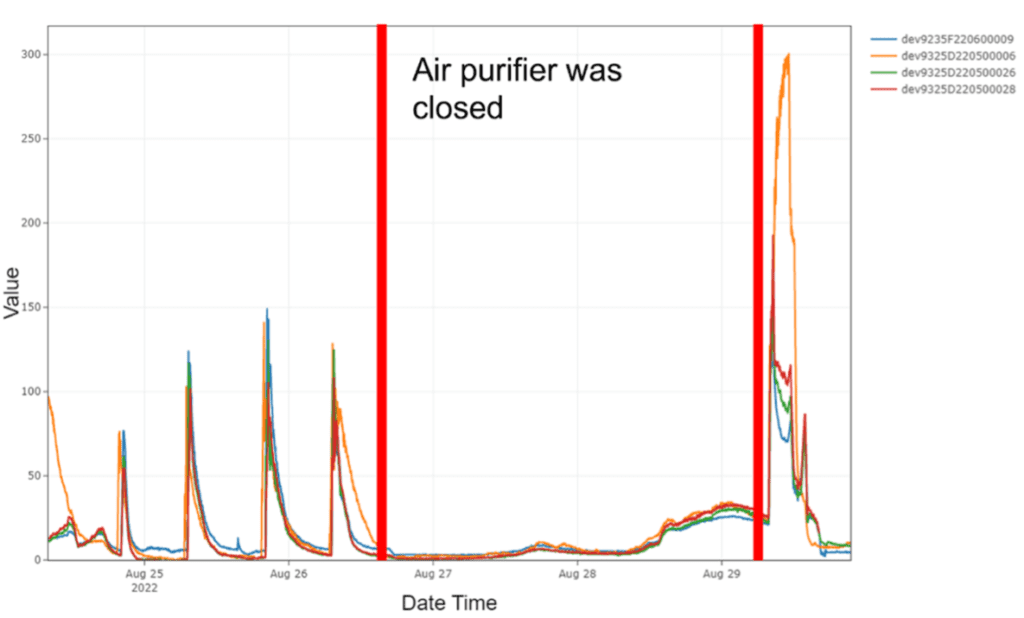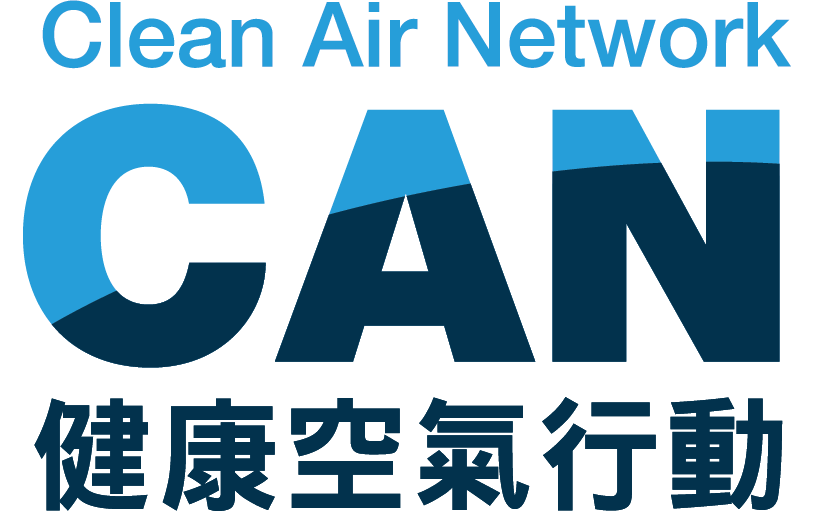
Mask mandate to be lifted, unregulated indoor air quality threatens public health
The government announced the mask mandate will be scrapped from 1 March – citizens no longer have to wear masks outdoors, indoors and in public transportation. Although the pandemic is coming to an end, as indoor air quality (IAQ) remains unregulated in Hong Kong, citizens, without the protection of masks, still face severe health risks. Clean Air Network (CAN) urges the government to implement policy measures to improve IAQ in various premises, in particular schools.
-
- “Post-pandemic” public health concerns: long COVID, children’s immunity weakened
Millions of people in Hong Kong were infected with COVID, and among them, according to the World Health Organization, around 10-20% suffer from “long COVID”. They experience symptoms such as weakened lung function, headache and cognitive dysfunction for some time after recovery. Long COVID ceases over time, but if the air quality of the premise in which the patient stays is unsatisfactory, it will take more time for them to fully recover.
In addition, as children have been wearing masks for a long period of time, the development of their respiratory and immune systems has been affected. With no masks to protect them from indoor air pollution, their health is at serious risk.
Common indoor air pollutants include carbon dioxide, carbon monoxide, nitrogen dioxide, particulate matters, formaldehyde, ozone, volatile organic compounds, radon and mold. Exposure to them can lead to headaches, sore throat, eye and nose irritation, dizziness, fatigue, and asthma; long-term exposure can even increase risks of respiratory and heart disease, cancer, and cognitive development impairment for children.
The current IAQ guidelines launched by the government are merely voluntary. CAN believes regulations should be in place to protect “post-pandemic” public health.
-
-
- Improve IAQ to prevent “next COVID”
-
Maintaining good ventilation is key to good IAQ, as well as the prevention of viral transmissions. In our project “Clean Air Schools for Hong Kong”, sensors have been installed in eight local primary schools to continuously monitor their air quality. It was found that classrooms with better ventilation also enjoy better IAQ. In other words, regulations on IAQ not only can reduce pollution levels, but also prevent future pandemic outbreaks.
-
-
- Air disinfector leads to surge in indoor PM2.5 level
-
Since COVID, it is common for premises to utilize disinfectors to purify indoor air. However, as discovered in the “Clean Air Schools for Hong Kong” project, one of the participating schools used an air disinfector that sprays chlorine dioxide (ClO2) mist. When it operated, PM2.5 concentration level in the classroom peaked (see below graph). The school was recommended to suspend its use for two days, meanwhile the PM2.5 level was stabilized.
Disinfection procedures alike are commonplace nowadays and are expected to continue. Yet, they may bring negative impacts to indoor air quality, which citizens, with no masks as barriers now, should beware.
Graph: A classroom in a participating school in Clean Air Schools for Hong Kong experienced PM2.5 concentration peaks when air disinfector was operating.

